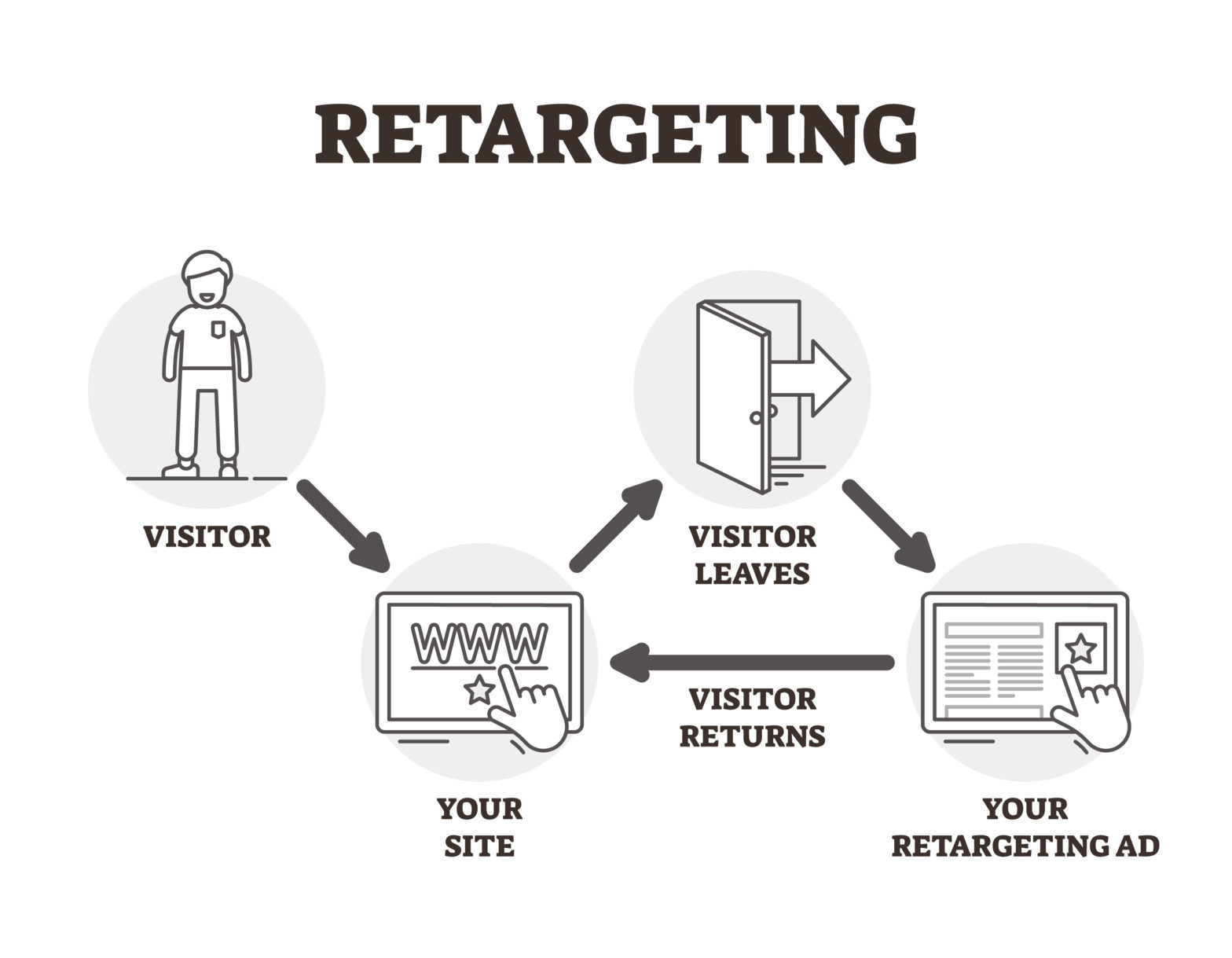Many companies use tracking cookies as a tool for marketing or personalizing your experience. The problem is, some adtech uses cookies that are hard to clear.
Back in December, there was an article in Elle magazine chronicling a former Bloomberg reporter who fell for the subject of her reporting. We aren’t going to discuss the romantic scandal here, that’s better left for experts in that arena. What we will discuss, though, is an ad that appeared on the Elle website alongside this story. This specific ad was for Plain Functional Buttoned Flap Adult Pajamas made by IVRose, and adtech hidden in this piece of marketing contains tracking technology that is hard to erase.
The ad itself seems out-of-place alongside the story it was paired with, yet it was seen in multiple places on the website. Most think that other sites determined the story was too risque for their ad dollars, so IVRose bid on as many spots as they could. That they really thought the audience would be a perfect target for this ad is doubtful, but the company didn’t respond to any outlet for comment. Thanks to Gizmodo and Zach Edwards from Victory Medium, we have learned that the ads were never really about pajamas at all. Edwards outlines the signs in a Twitter thread.
According to Edwards, the landing page is where it all begins. When the page loads, a specific piece of tracking tech is triggered. Clientgear, a subsidiary of Chinese adtech company, YeahMobi, creates a company-specific ID for each user’s device. Once that ID is copied on its network, it gets broadcast to the adtech middlemen who have a business relationship with YeahMobi, of which there appear to be at least 15 companies in the US and China. In return for this new user ID, each partner passes back their own company-specific identifiers. Once both sides sync their user IDs, they typically continue exchanging every piece of data they obtain until you tell them to stop. If one of these parties happens to be a third-party you’ve already come across, there could already be data describing who you are
The problem is, with some adtech, even if you clear your cookie cache, that’s not enough. Dating back to 2014, researchers have noted that some partners can respawn those cookies. This is called an evercookie, and it is incredibly difficult to get rid of, which means that this adtech can continue to track your internet activity, even if you’ve told them to stop. Even if you do a deep scrub on your browser’s cookie cache, it can be undone relatively quickly. As the Gizmodo article pointed out, “Clearing out the cookies or any associated user IDs from your browser cache doesn’t mean that any of these dozen-plus partners have any reason to do the same. The minute that you stumble onto a website that tries to sync with one of their pre-existing tags, everything that you tried to scrub—including that cursed onesie—will be linked back to whatever new ID you’ve created, putting you pretty much back where you started.”
So now, there are a whole bunch of Elle users out there, and others who happened to stumble upon the article and ad, who are going to be haunted by these flapped pajamas for the foreseeable future. And there’s nothing they can do about it. And while it is conjecture, it’s probably a fair assumption that neither Elle nor its primary ad markets wanted this for their users.
Something as simple as showing you an ad is another convoluted and confusing way that illustrates that computers are hard. And simple things can come with unexpected results. It’s incredibly complicated to serve ads on the web in the first place. And where there is complexity, things go wrong or slip by. Like cookies that stick around and never truly go away, haunting its users with Adult Flap Pajama ads while syphoning up data.
Adtech is messy, it’s complicated, and there are very few regulations around it. Third-party cookies are going by the wayside for many web browsers, but until they do, these tracking cookies will plague our machines. And the stickier adtech cookies will continue to rear their heads and continue to track our activity in an effort to redirect our attention back to a particular site sometimes in ways we cannot predict.

